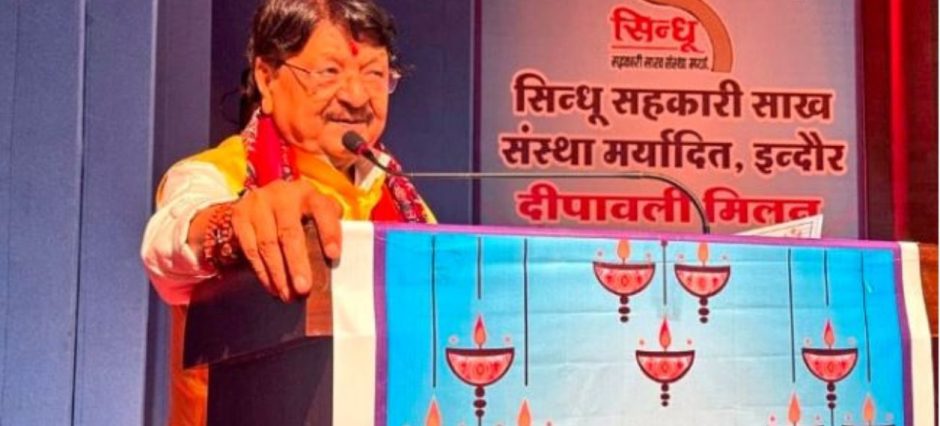A controversial statement by Indian Minister Kailash Vijayvargiya has sparked outrage after he appeared to shift blame onto Australian women cricketers following a recent harassment incident in Indore.
Vijayvargiya, who serves as a Cabinet Minister in Madhya Pradesh and is a senior member of the Bharatiya Janata Party (BJP), commented on last week’s alleged molestation case involving two Australian players. Instead of condemning the accused, the minister suggested the incident should serve as a “lesson” for athletes to exercise caution.
He urged foreign players to “alert security or local authorities before leaving their team venues,” implying the victims should have taken more precautions. His remarks quickly drew criticism from human rights activists, journalists, and the public, who accused him of victim-blaming and undermining the seriousness of harassment cases.
Women’s rights groups across India condemned the statement, calling it insensitive and irresponsible. “Such comments discourage victims from speaking out and reflect a dangerous mindset that blames women instead of addressing the issue of safety,” said one activist.
Critics also demanded an official apology and called on the BJP leadership to take notice of the minister’s comments. Many argued that instead of putting the onus on the victims, authorities should ensure stronger protective measures for visiting athletes and tourists.
In related international coverage, a US Navy aircraft recently crashed in the South China Sea, underscoring how official responses to crises can influence public trust and diplomatic relations.
The alleged harassment occurred last week in Indore, where two Australian cricketers reported being followed and harassed by local men while returning from a private outing. Police have reportedly identified the suspects and initiated a detailed investigation into the case.
The incident has not only raised concerns about women’s safety in India but also about how public officials handle such sensitive matters. Vijayvargiya’s remarks have reignited debate over the need for gender sensitivity and accountability in government communication











